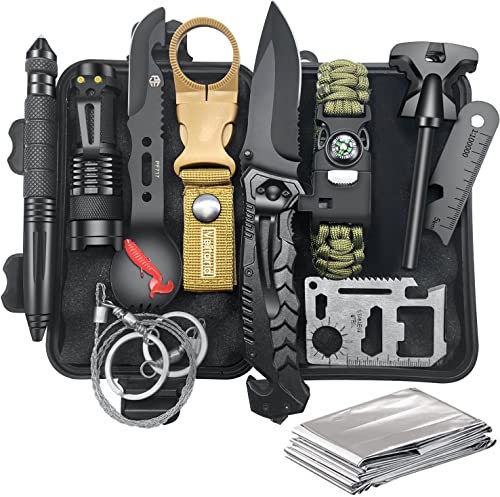I am definitely in the 40%.
https://www.theorganicprepper.com/w...nd-you-are-one-missed-paycheck-from-disaster/
https://www.theorganicprepper.com/w...nd-you-are-one-missed-paycheck-from-disaster/
60% of Americans Do NOT Have an Emergency Fund. They’re One Missed Paycheck From Disaster
October 2, 2019
By Daisy Luther
What would it mean to you if you had an unexpected trip to the emergency room? If your car required an expensive repair? What if your income was interrupted for a week, or two weeks, or even longer? Do you have an emergency fund built into your budget to see you through these everyday calamities, or are you only one missed paycheck from disaster?
According to a survey released by Bankrate, 60% of Americans do not have the emergency savings to take care of a crisis that costs $1000 or more. How do people handle unexpected expenses? According to the survey:
Many said they had no idea how they would cover an unexpected expense of this magnitude. And Forbes says that 23% of Americans save no money at all – but I suspect that number is higher since other reports say that 43% of Americans struggle to pay for food and rent. And when you’re in a financial hole, it’s harder than ever to dig yourself out with a system that seems to be designed to work against you. (If you’re in a situation in which you can’t even pay your current bills, see this article.)
- 40% would use savings
- 15% would use credit cards
- 14% would cut back on other spending
- 13% would borrow from friends or family
- 6% would take out a personal loan
So what about you? Do you have an emergency fund? It’s really just one more prep that you should put aside for a rainy day.
An emergency fund is a vital prep
When your finances are tight, sometimes your first impulse is to spend every dime. Many people focus on things like paying off debts, stocking up on food and supplies, or paying more than the minimum payments on bills.
However, that may not be your best bet. Don’t get me wrong – paying off debt is absolutely vital, but most experts recommend establishing an emergency fund as the first step back to financial security. There are several reasons why this should be a priority for you:
The reasons you might need to tap into an emergency fund are as varied as the news headlines – there are many different disasters that can arise, and nearly every single one of them will require that you have some additional funds available. You simply cannot call yourself “prepared” if you don’t have the currency on hand to see you through the rough spots.
- What if you suddenly lost your job and it was 6-8 weeks before unemployment payments began to trickle in?
- What if your child suffered a medical emergency and you needed to purchase an expensive medication?
- What if your refrigerator began making a death rattle and you needed to buy a new one immediately in order to save your expensive frozen food stockpile?
- What if your car, that you needed to get back and forth to work, required a costly repair?
It’s important NOT to rely on credit cards, overdraft, and lines of credit for these unexpected events – these things will cost you far more in interest in the long run. Credit cards are NOT an emergency fund. An emergency fund is currency that you have on hand that will not cost your interest. Don’t make your personal disaster worse than it already is by paying compounded interest on it for the next two years.
How much should be in your emergency fund?
This is one of those numbers that will vary with different families. Most experts recommend a starting point of 1-3 months of expenses. And by expenses, I mean everything from house payments to car payments to projected utilities to food costs.
Don’t underestimate how much it takes to run your household every month – be sure to account for all of the regular expenses you might need to cover during an emergency situation.
In addition to an emergency fund in cash, other prepper items can help see you through a rough spot. Your general supply stockpile and your food pantry mean you have to spend less money on day to day items when times are tough.


















































